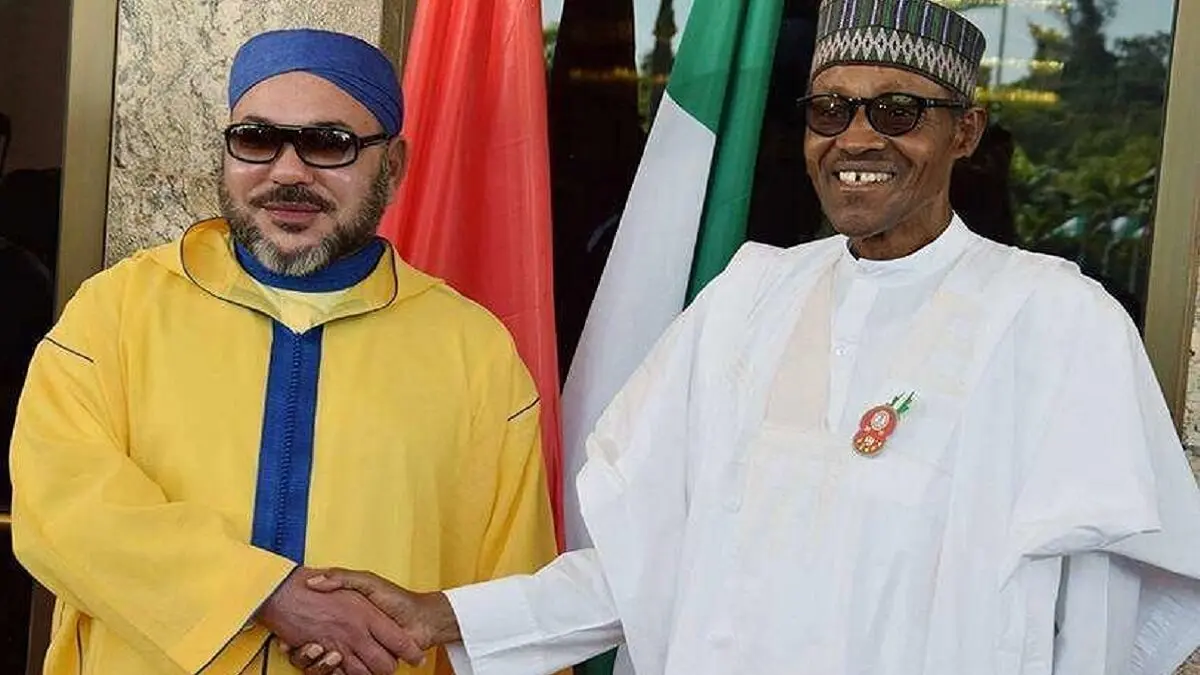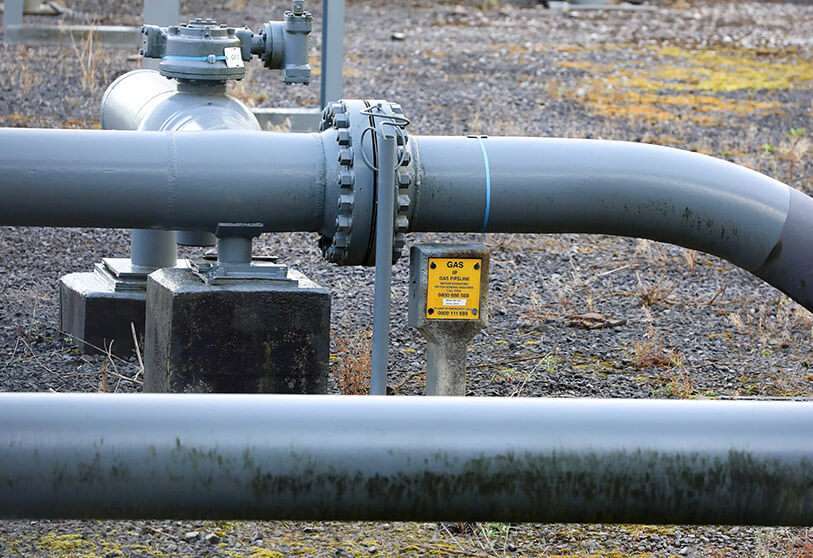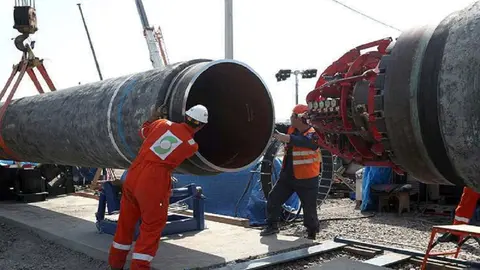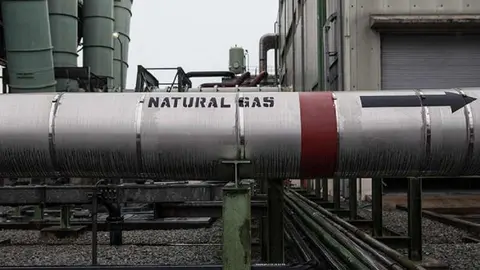Morocco and Nigeria go hand in hand on joint gas pipeline project

Relations between Morocco and Nigeria have developed significantly in recent years, with the signing of several partnership agreements in various fields, culminating in the Atlantic-African gas pipeline project between the two countries.
This joint Moroccan-Nigerian project represents a strategic lever for regional integration and the economic and social development of all West African countries.
In the context of recent international changes affecting energy sources, Rabat and Abuja are constantly expressing their willingness to contribute to the global dynamics in the field of energy, with a commitment to clean energy as an environmentally friendly alternative.
Nigeria is a very important strategic partner for Morocco; it is the African land of opportunities where the Kingdom invests in many economic fields. The OCP group, for example, inaugurated its first fertiliser plant on the African continent in 2022 in Kaduna, northern Nigeria.
The Nigeria-Morocco Gas Pipeline Project is part of King Mohammed VI's Atlantic vision. It focuses on the common objectives of various partners in order to enhance development in West Africa and respond to the various challenges on the Atlantic side of the continent.
For its part, the Nigerian vision of the project takes into account the characteristics of security, stability and opportunities for large-scale integration and sustainable development that can be achieved on the Atlantic coast thanks to the Gas Pipeline project.
Improving energy security in the area is not the only objective, but the common will of two of the main countries of the African continent, Morocco and Nigeria, will contribute to cross-border development and integration and, in turn, improve cooperation between the two countries to fight extremism and terrorism in the region.

It is worth noting that the pipeline project was announced, in late 2016, as part of the Moroccan visit in its African depth. In 2018, the two countries signed bilateral cooperation agreements linked to the project.
The Nigeria-Morocco gas pipeline is one of the major projects linking the two countries through many West African countries, which will contribute to improving the standard of living of the population and reducing desertification through a sustainable and reliable gas supply.
Several experts believe that the new project will improve the energy interdependence of West African states and create a dynamic space for employment-generating and value-added economic activities.
Together with the Atlantic Initiative's economic and developmental service to the Sahel-Saharan states, the connection of the Nigeria-Morocco pipeline to the European gas pipeline and network will be an important tool for supplying landlocked states such as Nigeria, Burkina Faso and Mali.
In recent months, studies on this major project have reached advanced stages and memoranda of understanding have been signed between the Federal Republic of Nigeria, Morocco, Mauritania, Senegal, Gambia, Guinea-Bissau, Guinea, Sierra Leone and Ghana.
The importance of this project, scheduled for completion by the end of 2045, lies in the linking of 13 African capitals on the Atlantic coastal strip. It is also estimated to be the longest gas pipeline in the world, and will cost 25 billion dollars with joint financing between Morocco, Nigeria, regional and international institutions, as well as donor countries.
It should be noted that Nigeria, according to President Balo's statement, sees Morocco as a model to follow in the reactivation of its economy and the promotion of investments, and at the same time as a benchmark competitor in the evolution of African countries.
As a result, bilateral relations between Nigeria and Morocco have been strengthened in a number of areas, from religion to the economy and agriculture to energy and culture.











